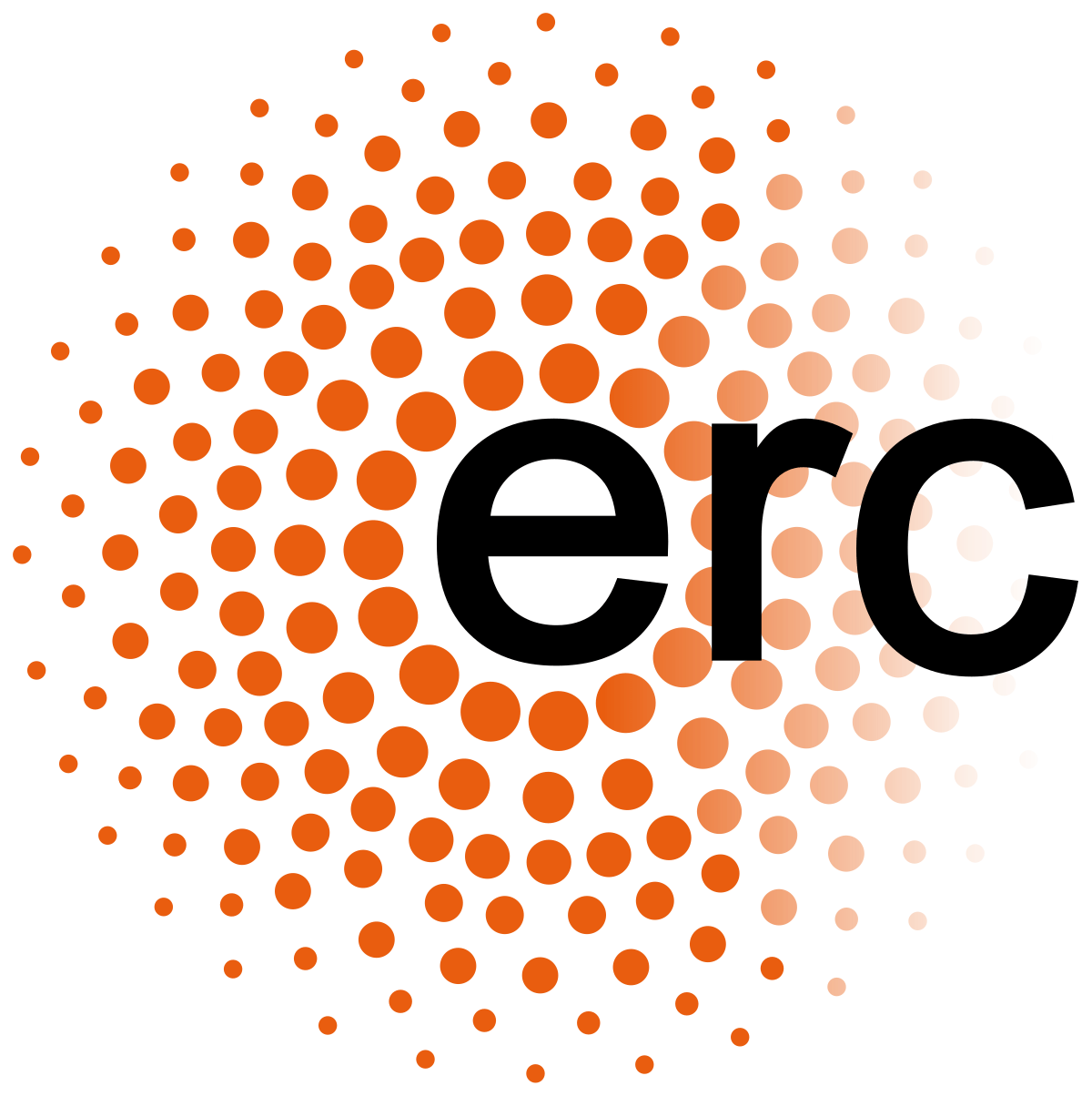The European Research Council (ERC) has announced the award of 100 new proof-of-concept grants in the first round of the 2024 competition.
This latest round of grants includes the 2000th project since the programme’s introduction in 2011, which will receive proof-of-concept funding. Astrophysicist Nanda Rea, who works at Spain’s Consejo Superior de Investigaciones Científicas (CSIC), will manage this key project.
The grants, worth €150 000 each, help researchers bridge the gap between discoveries from their frontier research and the practical application of the results, including the initial stages of commercialisation.
Nanda Rea’s new project, called “DeepSpacePULSE”, aims to facilitate deep space exploration. Currently, to find their way, spacecraft and satellites use a great deal of energy exchanging vital navigation information with mission coordinators on Earth. Using ERC proof-of-concept funding, researcher Nanda Rea will test the feasibility of a more efficient and autonomous navigation system. As part of their earlier research funded by an ERC consolidation grant, the team focused on the localisation of compact pulsar stars, a core capability of their newly designed navigation system. Pulsars, which are what remains after a supernova explodes from a massive star, are perfect for use as clocks because of their unprecedented stability, making them an ideal GPS system in space.
Taking advantage of the attributes of pulsars, NASA has already created and successfully tested a navigation system on the International Space Station. Now, to enable the use of an X-ray pulsar navigation system on future missions in the solar system, as well as on deep space missions that could last a hundred years, the DeepSpacePULSE team will work on a more accurate, autonomous, smaller and lighter navigation unit, which is expected to be as large as a microwave oven and weigh about 10 kg. The new unit aims to improve by an order of magnitude almost all aspects of similar space navigation systems currently in use, as well as being competitive in public and private space markets.
Thanks to Horizon Europe funding, they have been able to turn pioneering research into innovation. These researchers are a great example of how to translate and commercialise important EU-funded research results. I warmly congratulate Professor Nanda Rea and all the other new winners of the proof-of-concept funding”.
In this round, most of the Proof of Concept grants have been awarded to researchers who will base their projects in the UK (15 projects), the Netherlands (14), Italy (12), France, Germany and Spain (10 each), Israel (7), Belgium (5), Austria, Denmark and Sweden (3 each), Finland and Ireland (2 each) and finally Norway, Portugal, Slovenia and Turkey (1 each).
The proof-of-concept grant scheme is open only to researchers who already hold or have previously received ERC frontier research grants. These complementary grants help to explore the commercial or societal potential of the results obtained by researchers through their ERC projects. The aim is to enable ERC-funded ideas to progress from pioneering research to innovation.
The ERC’s 2024 work programme included two calls for proposals for proof-of-concept grants with a total budget of €30 million. The funding is part of Horizon Europe, the EU’s research and innovation programme.







Leave a Reply